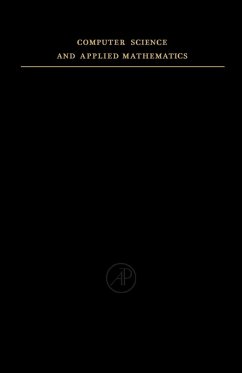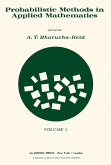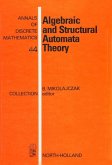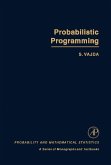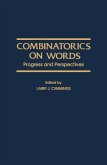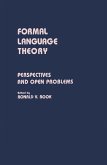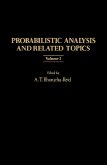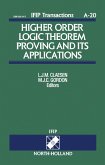Introduction to Probabilistic Automata deals with stochastic sequential machines, Markov chains, events, languages, acceptors, and applications. The book describes mathematical models of stochastic sequential machines (SSMs), stochastic input-output relations, and their representation by SSMs. The text also investigates decision problems and minimization-of-states problems arising from concepts of equivalence and coverings for SSMs. The book presents the theory of nonhomogeneous Markov chains and systems in mathematical terms, particularly in relation to asymptotic behavior, composition (direct sum or product), and decomposition. "Word functions," induced by Markov chains and valued Markov systems, involve characterization, equivalence, and representability by an underlying Markov chain or system. The text also discusses the closure properties of probabilistic languages, events and their relation to regular events, particularly with reference to definite, quasidefinite, and exclusive events. Probabilistic automata theory has applications in information theory, control, learning theory, pattern recognition, and time sharing in computer programming. Programmers, computer engineers, computer instructors, and students of computer science will find the collection highly valuable.
Dieser Download kann aus rechtlichen Gründen nur mit Rechnungsadresse in A, B, BG, CY, CZ, D, DK, EW, E, FIN, F, GR, HR, H, IRL, I, LT, L, LR, M, NL, PL, P, R, S, SLO, SK ausgeliefert werden.

